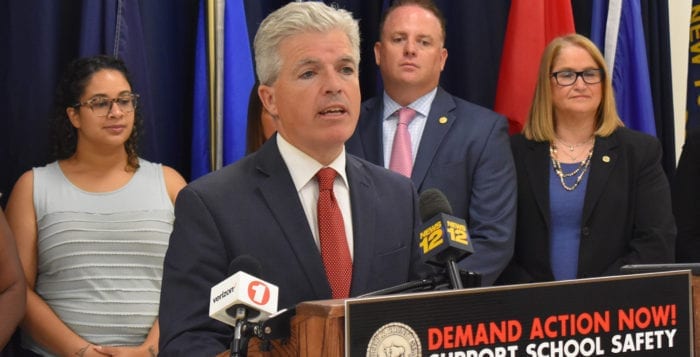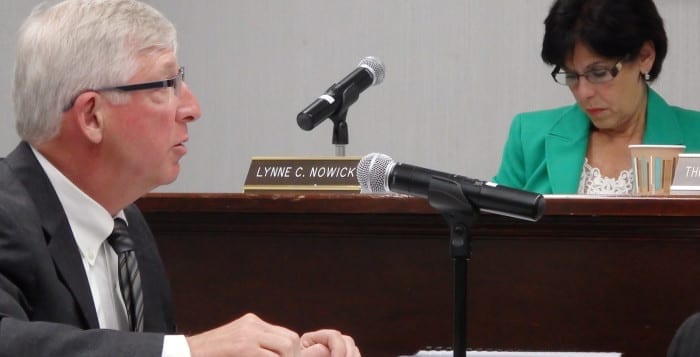By Chris Cumella
On a conference call with New York college students last month, Senate Majority Leader Chuck Schumer (D-NY) presented his plan to cancel up to $50,000 in debt for federal student loan borrowers.
The plan is derived from Sen. Elizabeth Warren (D-Mass), who proposed national debt forgiveness as a promise in her presidential campaign. Both Warren and Schumer’s joint plan involves using a presidential executive to nullify student debt up to $50,000.
“College should be a ladder up,” Schumer said during the call. “But student debt weighs people down, it is an anchor, and we have to do something about it.”
President Joe Biden (D) has the executive authority to substantially cancel student loan debt for students through the Higher Education Act, according to Schumer. This would also bypass the requirement to present the motion to Congress.
Biden has said that he supported alleviating students of loan debt up to $10,000, and now the call to action is being echoed loudly by his fellow Democratic Party members.
On his first day in office, the president addressed the ongoing dilemma regarding student debt, where his plan was to extend the pause on federal student loan payments and keeping the interest rate at 0% through the end of September.
The United States national student loan debt has accumulated at an alarming rate. An Experian survey indicated the total amount reached a record high of $1.57 trillion in 2020, an increase of about $166 billion since 2019.
Nearly 2.4 million New Yorkers owe $89.5 billion in federal student loans as of March 2020, Schumer said. The average New Yorker owes $34,600 in student loans, greater than the national average of $32,700.
To relieve loan borrowers of their debts, Schumer mentioned that if the federal government forgave debts up to $50,000, it would greatly bounce the economy. He detailed how instead of repaying their loans, people can instead allocate their money for other immediate and urgent payments, as well as leisure spending.
Schumer told conference attendees that the American Rescue Plan Act of 2021 includes roughly $2.6 billion for New York’s colleges and universities, with half of the allocations distributed as financial aid to students in addressing hardships brought about by COVID-19.
Some of the local institutions benefiting from the American Rescue Plan for “estimated minimum amount for student grants” were listed by Schumer during the conference call: City College $23.6 million, CUNY Queens College $25.8 million, Syracuse University $15.4 million, SUNY Buffalo $31.7 million and Stony Brook University $26.8 million.
Schumer also made an urgent request for the call participants, primarily college students, to stay informed by reading local and student-run newspapers. He likewise reinforced the importance of those attending the conference to take a call to action to write, call and email Biden and get their friends and family to do so to spread awareness.
“Student loan payments are on pause, but they are not going away if we don’t do something once the pandemic is over,” Schumer said. “These debts are just going to keep piling up.”









